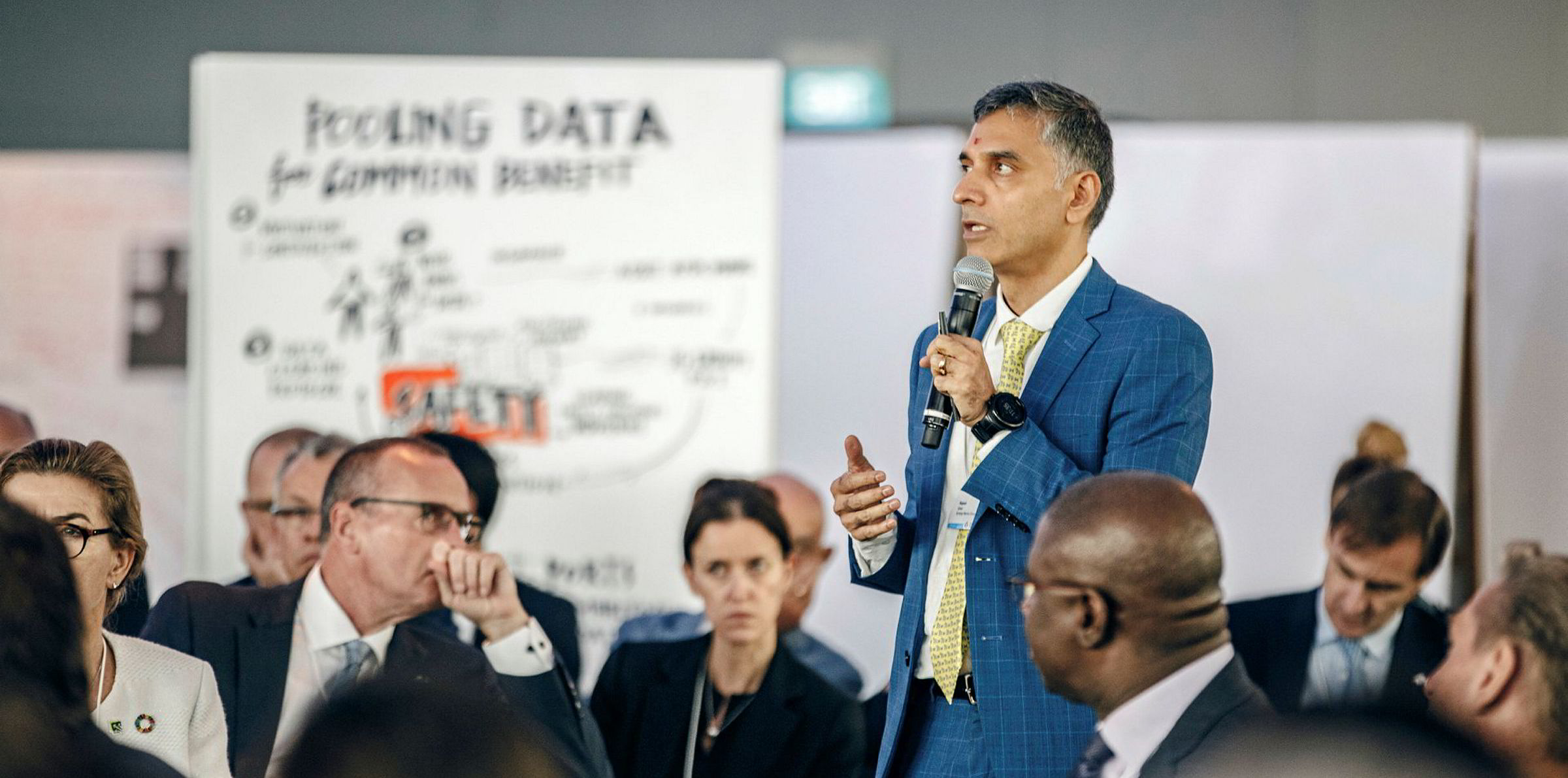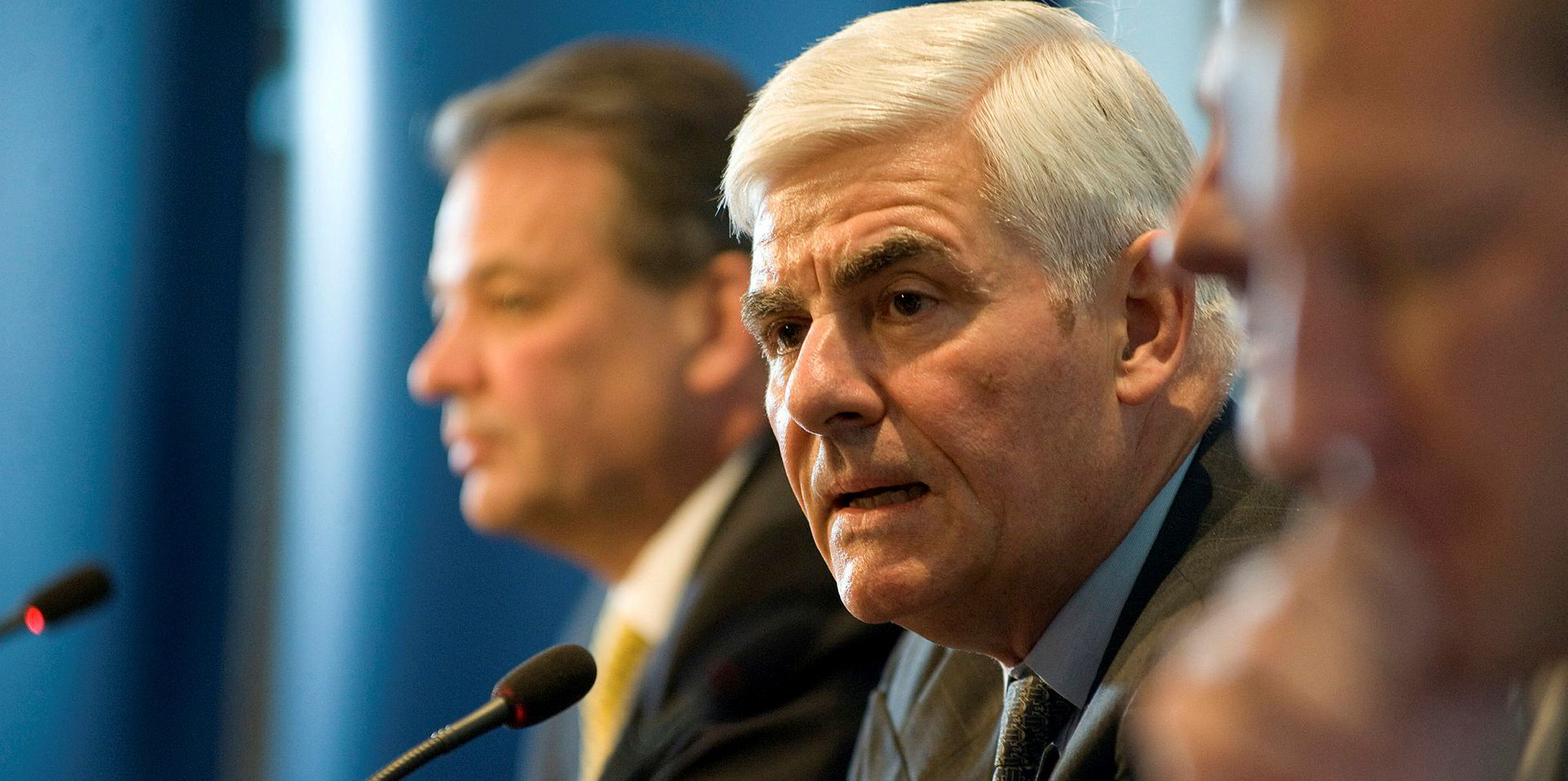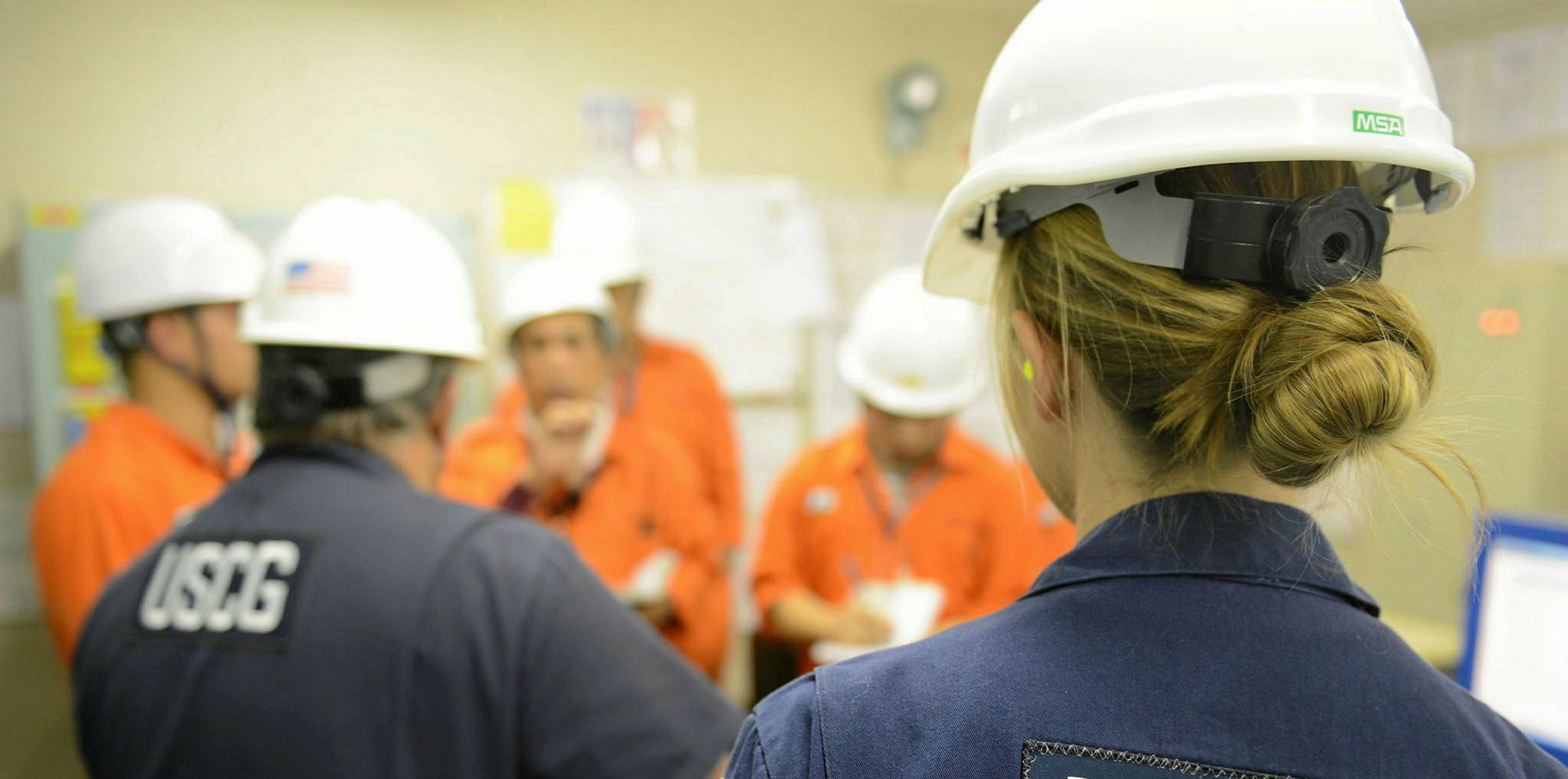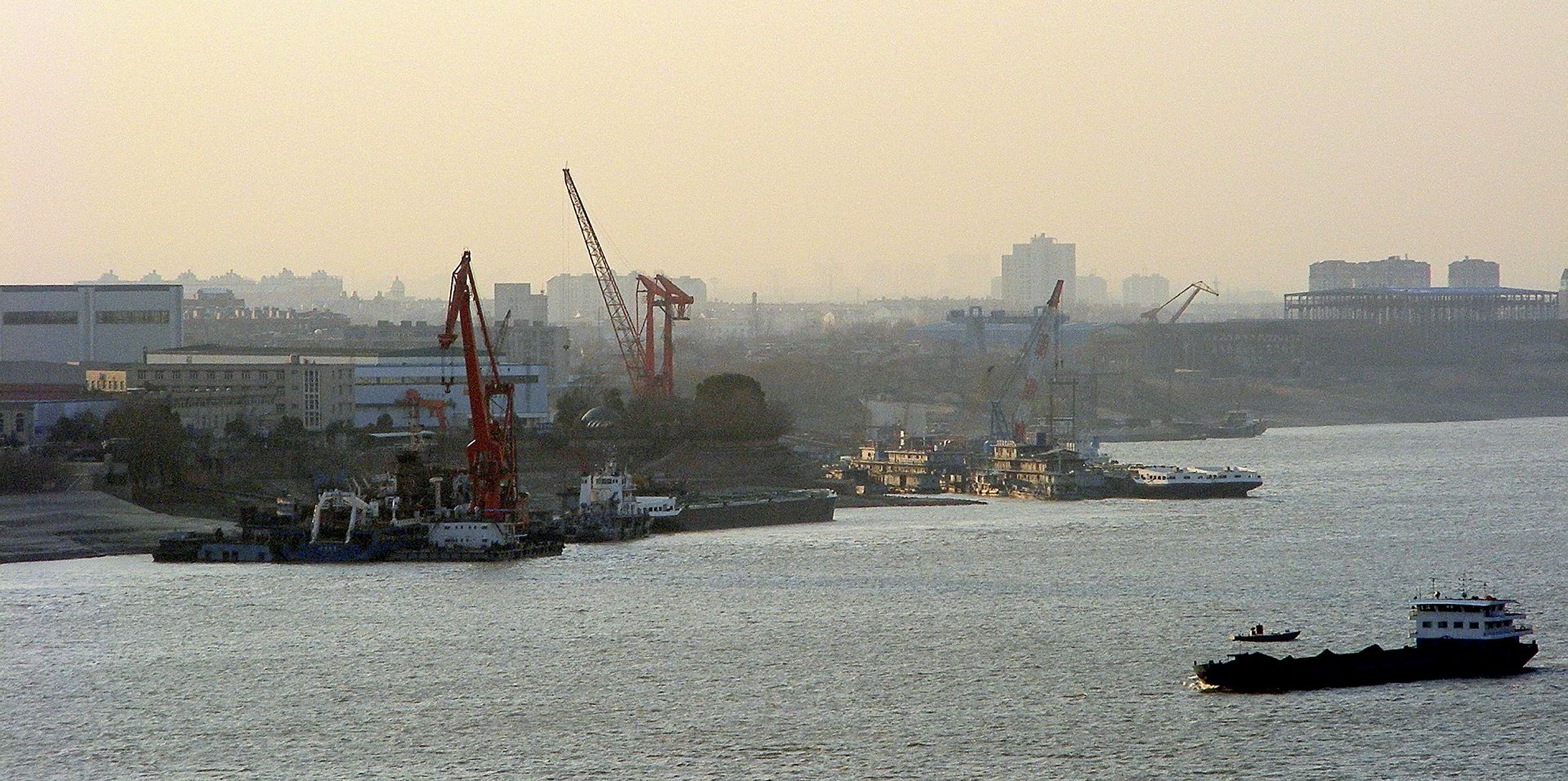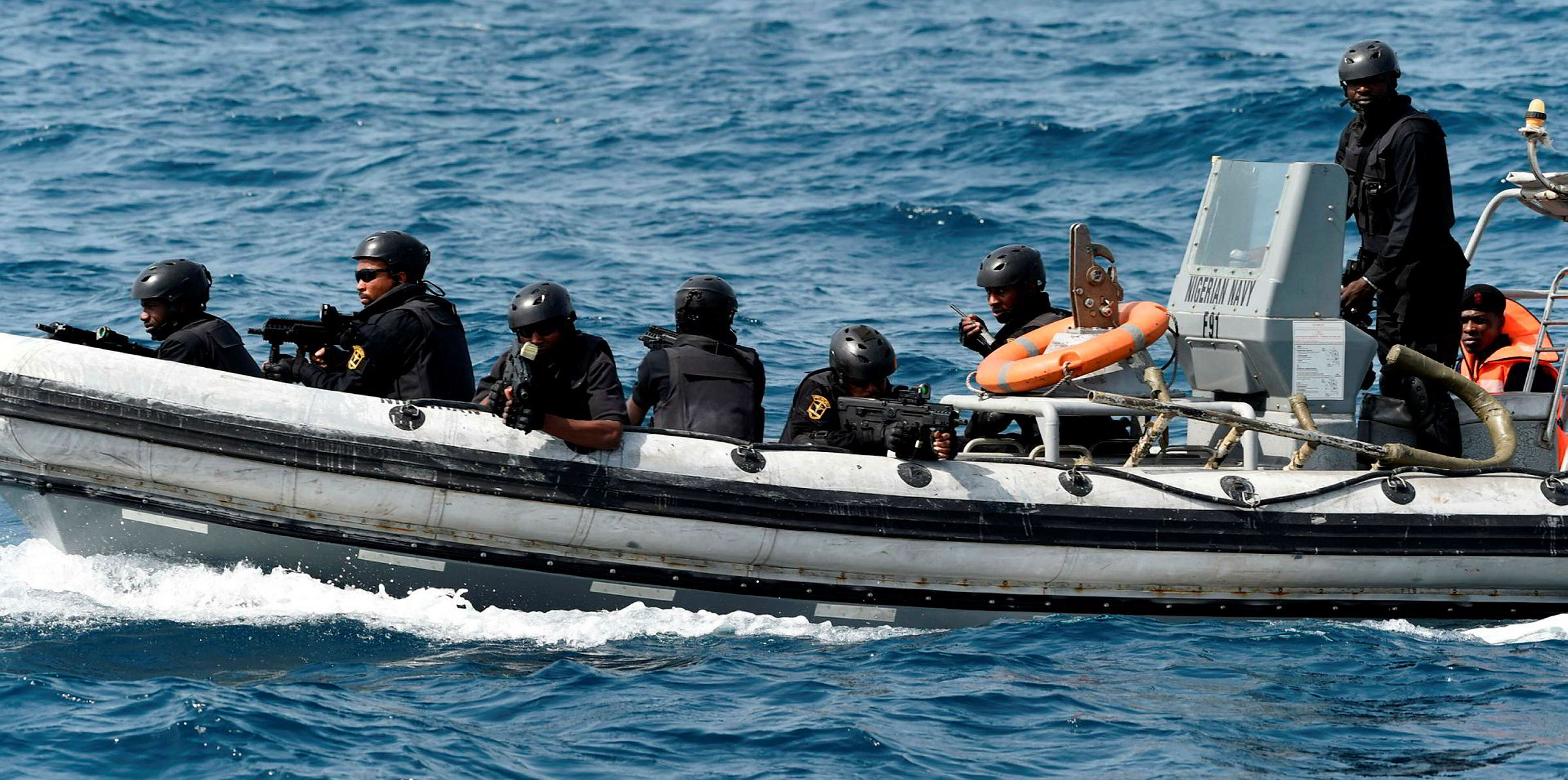Singapore-based shipmanager Synergy Group has warned of a “time bomb” in crewing during the coronavirus pandemic and called for collective crew changes at main trading hubs.
With three billion people under lockdown measures globally in a bid to contain the Covid-19 pandemic, changing crew has become extremely difficult for the shipping industry.
In a press release, Synergy founder and chief executive Rajesh Unni said a potential solution is for shipowners and shipmanagers to work with other stakeholders to change crews at select key ports in standardised procedures.
“Seafarers returning home would have to undergo a 14-day quarantine period, of course," said Unni, whose company employs over 12,000 seafarers on more than 300 vessels.
"And those joining ships would need to pass a mandatory medical, including a Covid-19 test.
“We have already spoken to a number of leading shipowners and they agree this is a positive way forward ... We have also identified a number of ports where we think this can be actioned.
“We are now approaching leading shipping organisations and have contacted the IMO about how we can move this forward with the utmost haste.”
In parallel, the International Chamber of Shipping (ICS) has been working with the World Shipping Council and other international organisations to establish guidelines on port quarantines and crew changes.
To allow seafarers to travel to and from ports when quarantines are in place, the ICS also joined hands with the International Transport Workers' Federation to ask four United Nations agencies to provide seafarers with the "key worker" status that exists for airline crew and medical personnel.
Worsening conditions
Unni said thousands of seafarers are currently stuck on ships and unable to return home. Moreover, for those stranded at sea, conditions are deteriorating rapidly.
“In many ports, crew changes are simply prohibited,” Unni said. “Elsewhere, vessels from some origins are now forced to remain at anchorage in quarantine for up to 14 days before they can dock.
“To make matters worse, it is also becoming increasingly difficult for crew to stock up on fresh fruit and vegetables, such are the restrictions placed on port agents and captains.
“And how are seafarers with medical conditions supposed to get treatments if they can’t leave the vessel? This is a safety issue and it’s a mental health issue.”
“Seafarers are key workers and they need to be treated with more respect and support. People in any profession should have the right to return home and see their families.”
‘Doing nothing is not a plan’
Some companies, including Dorian LPG and Oldendorff Carriers, have simply halted the changing of crew. Flag states are often willing to extend the periods of crew shifts due to the extraordinary situations.
But there are worse cases. UK charity Human Rights at Sea has been receiving many complaints from seafarers retained on ships after signing off or left ashore in foreign countries about being unable to return to their families without funds.
According to the ICS, about 100,000 seafarers reach the end of their employment contracts in any given month and need to be repatriated.
“This is a time bomb,” Unni said. “Even under normal circumstances, seafaring is stressful and involves spending long periods of time away from friends and family.
“Right now, in the midst of a pandemic when of course people are anxious, thousands are stuck at sea or stranded around the world waiting to join vessels but unable to do so.
“I have heard the argument that seafarers are safest at sea waiting this out. But nobody knows how long this pandemic will last. Doing nothing is not a plan.
“The inability to enact crew changes is a threat to the mental health of seafarers. They can’t stay at sea indefinitely.
“This also has the potential to disrupt the global supply chains millions are relying on in these terrible times. Seafarers will only put up with this uncertainty and poor treatment for so long, and rightly so.
“We all need to come together and find solutions that help our seafarers and protect world trade.”
